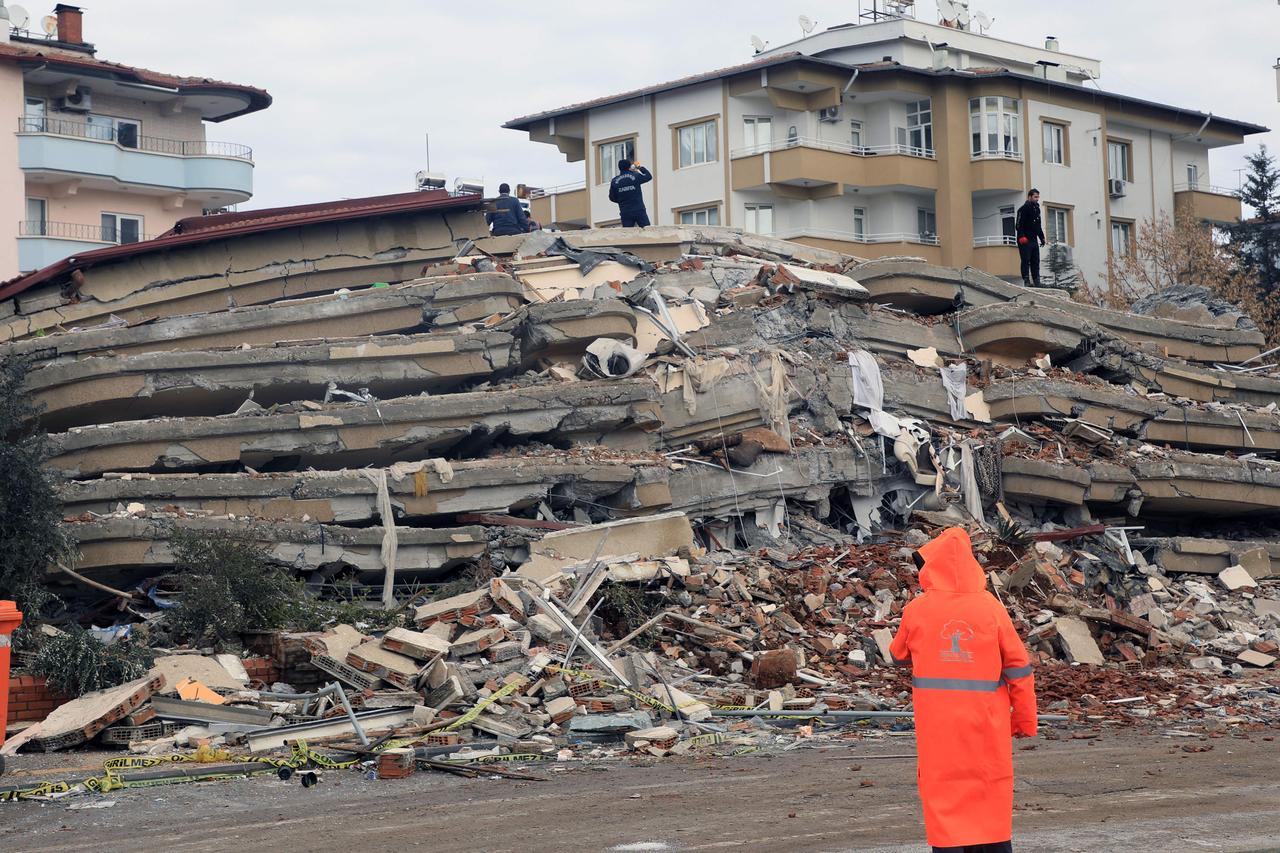
Google has admitted its Android Earthquake Alerts system failed to send warnings to 10 million people during the devastating Feb. 6, 2023, earthquakes in Kahramanmaras, Türkiye, that killed more than 55,000 people.
The Silicon Valley-based company acknowledged to the BBC on Monday that its early warning system underestimated the magnitude of the earthquakes, sending only 469 "Take Action" alerts for the first 7.8 magnitude quake that struck at 4:17 a.m. local time when most residents were asleep.
The system should have alerted approximately 10 million people within 98 miles (157 kilometers) of the epicenter with the highest-level warning, which could have provided up to 35 seconds to find safety.
Instead, about 500,000 users received only a lower-level "Be Aware" notification designed for "light shaking" that does not prominently alert users or override Do Not Disturb settings.
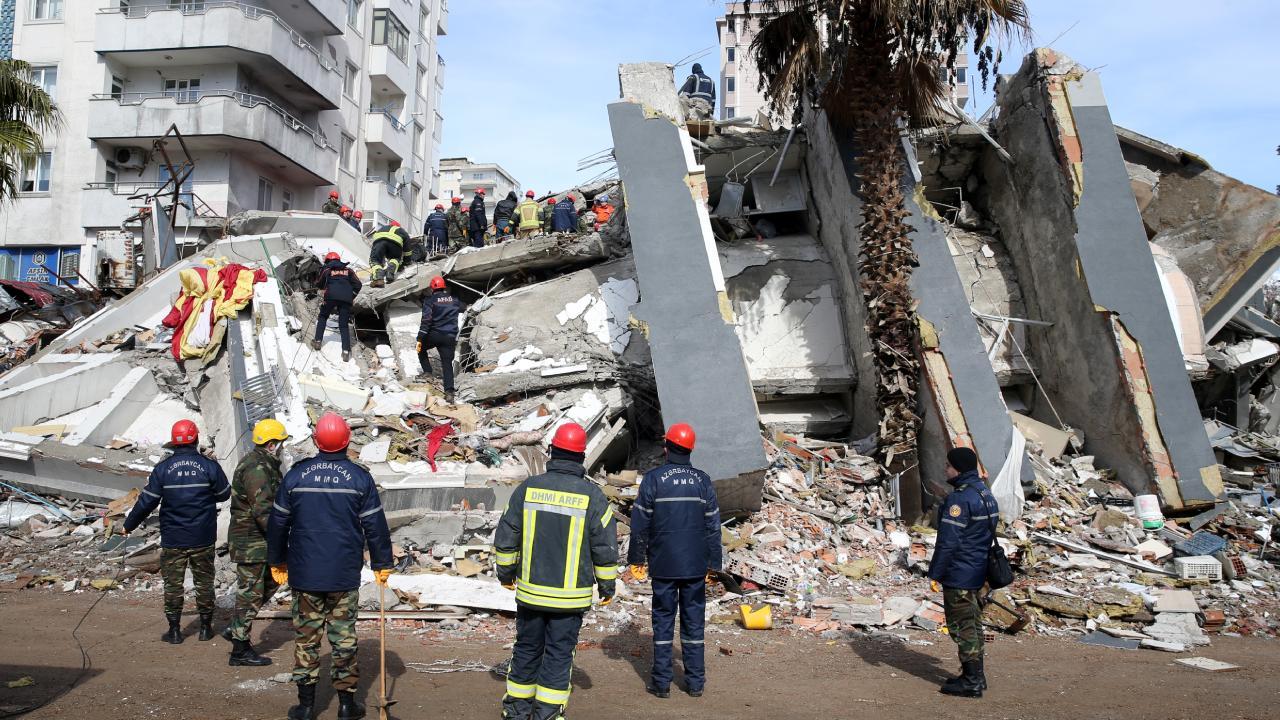
Google researchers revealed in the journal Science that the Android Earthquake Alerts (AEA) system's detection algorithms estimated the first earthquake's magnitude at between 4.5 and 4.9 on the moment magnitude scale, when it was actually 7.8.
"We continue to improve the system based on what we learn in each earthquake," a Google spokesperson told the BBC.
The second major earthquake later that day was also underestimated, with the system sending Take Action alerts to only 8,158 phones and Be Aware alerts to just under 4 million users.
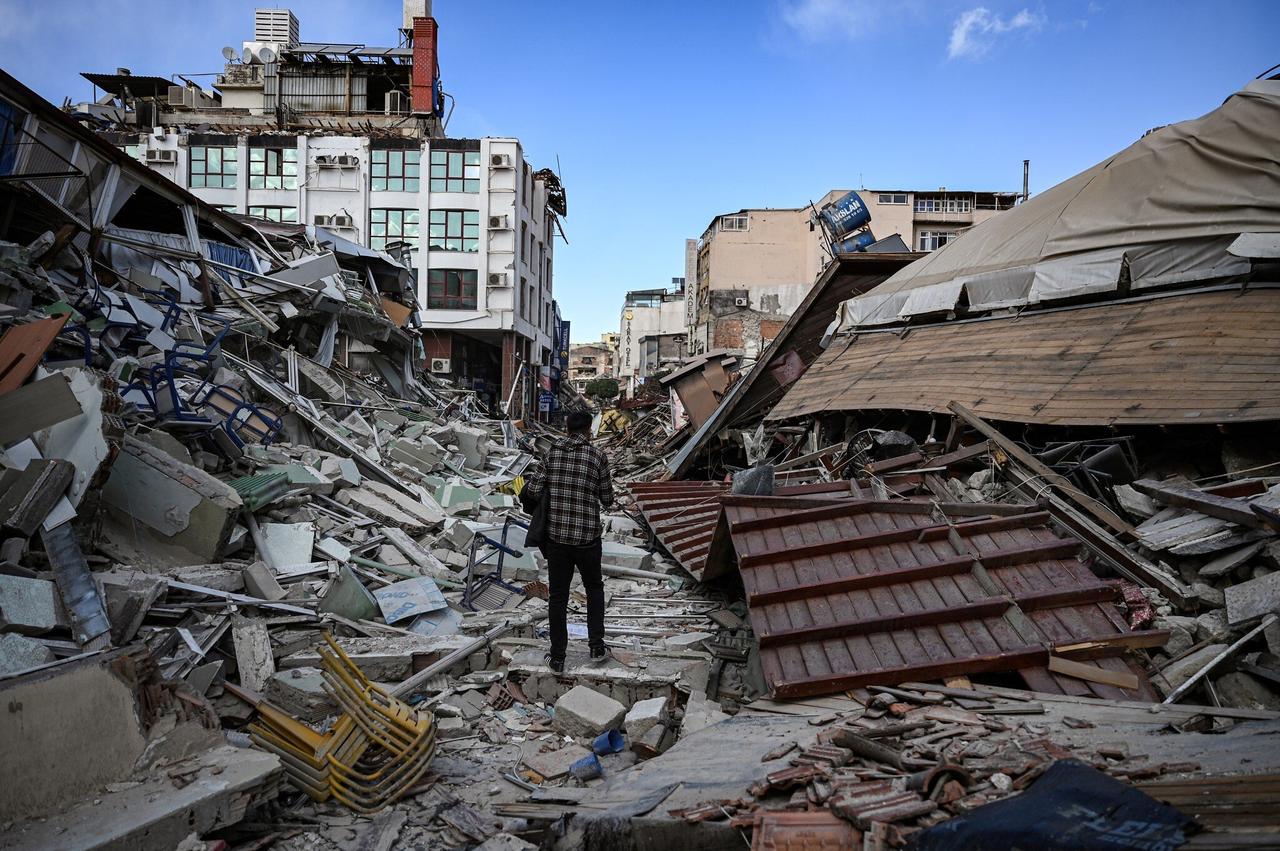
Elizabeth Reddy, assistant professor at Colorado School of Mines, called it "concerning" that it took more than two years to reveal the full extent of the system failure.
"I'm really frustrated that it took so long," Reddy said. "We're not talking about a little event—people died—and we didn't see a performance of this warning in the way we would like."
The BBC reported that despite months of searching after the earthquake, they could not find a single person who had received the more serious Take Action notification before the quake struck.
Google stated that post-earthquake analysis led to algorithm improvements.
When researchers simulated the first earthquake with the updated system, it generated 10 million Take Action alerts for those at highest risk and 67 million Be Aware alerts for those farther from the epicenter.
"Every earthquake early warning system grapples with the same challenge—tuning algorithms for large magnitude events," Google told the BBC.
The AEA system currently operates in 98 countries and is described by Google as a "global safety net," often functioning in nations without other warning systems. In Türkiye, Android devices make up more than 70% of smartphones.
Harold Tobin, director of the Pacific Northwest Seismic Network, warned against countries placing too much faith in untested technology.
"I think being very transparent about how well it works is absolutely critical," Tobin told the BBC. "Would some places make the calculation that Google's doing it, so we don't have to?"
Google emphasized that its system is meant to be supplementary and not a replacement for national earthquake warning systems.
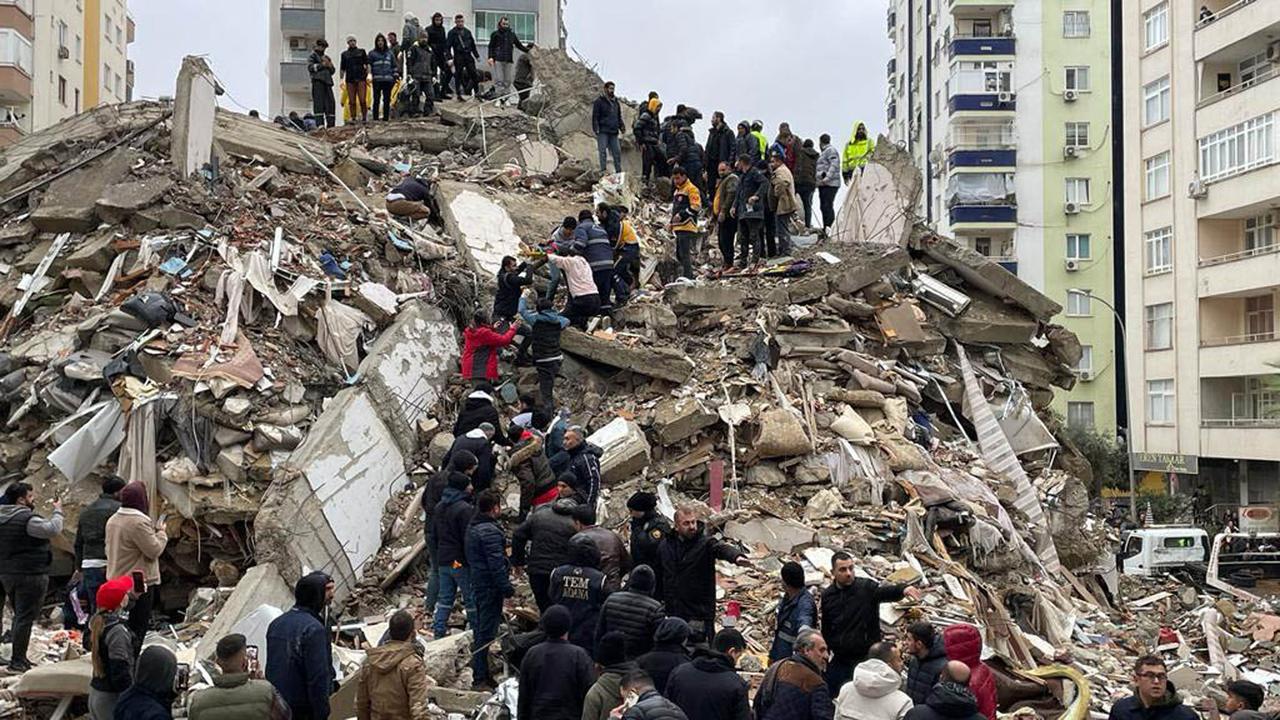
The Android Earthquake Alerts system detects shaking from numerous mobile phones using the Android operating system. Because earthquake waves move relatively slowly through the earth, warnings can be sent before shaking reaches distant locations.
The system has two alert levels:
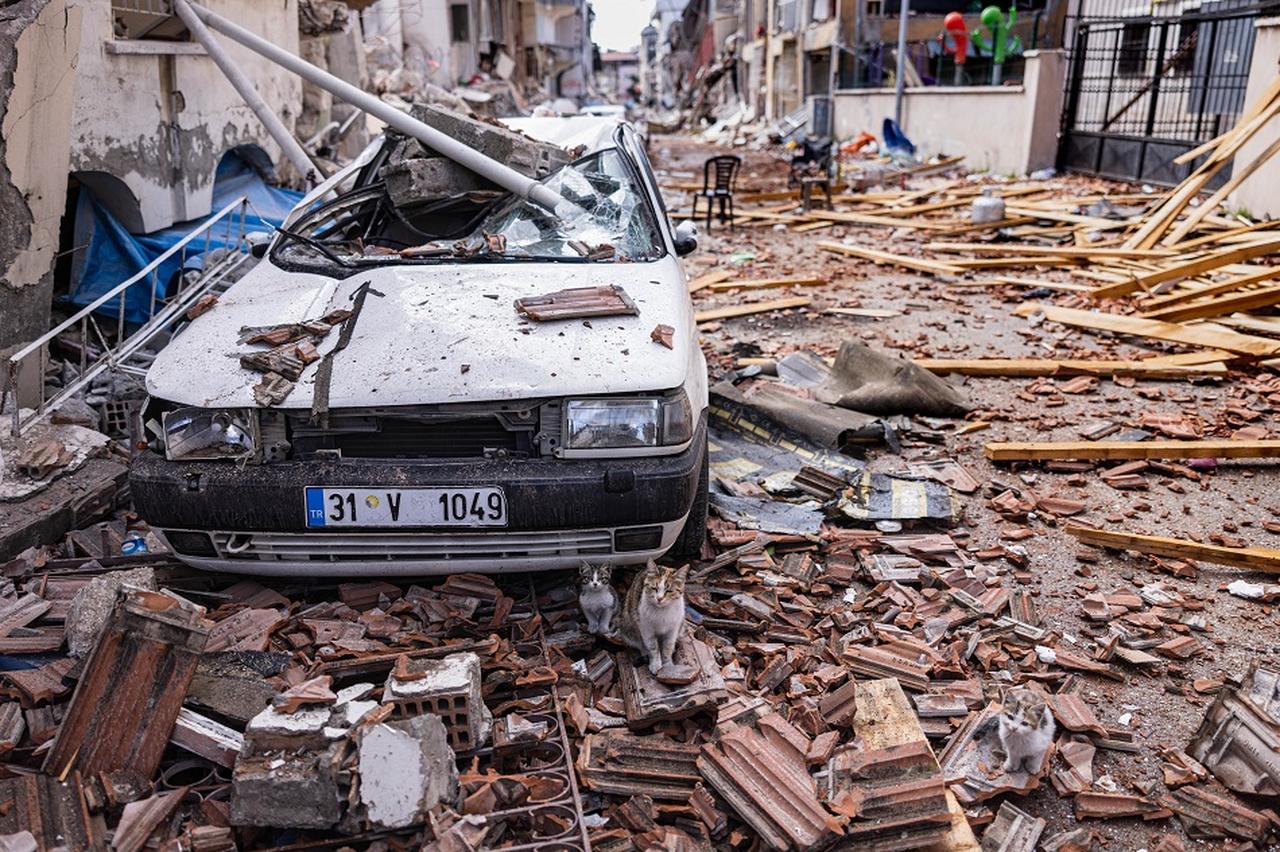
The Feb. 6, 2023, earthquakes centered in Kahramanmaras affected 11 provinces with magnitudes of 7.7 and 7.6.
The disaster killed 53,537 people and injured 107,213, affecting 14 million citizens. Türkiye declared seven days of national mourning for what was called the "disaster of the century."